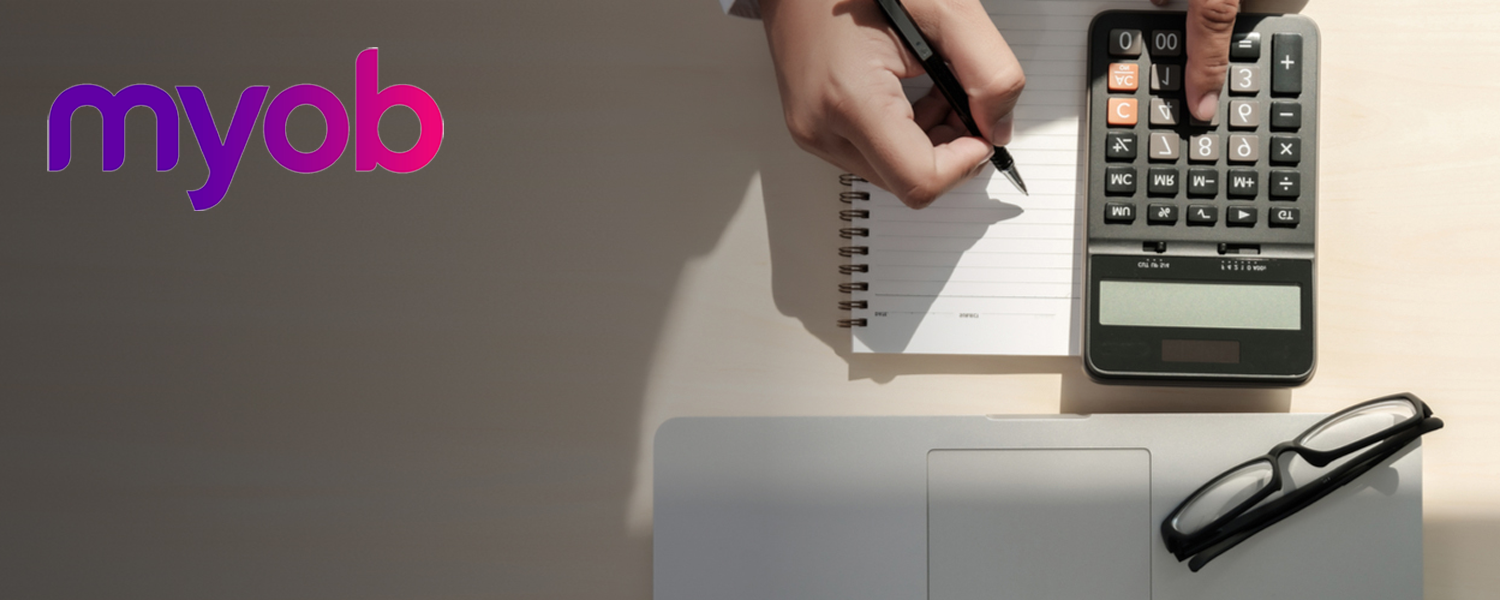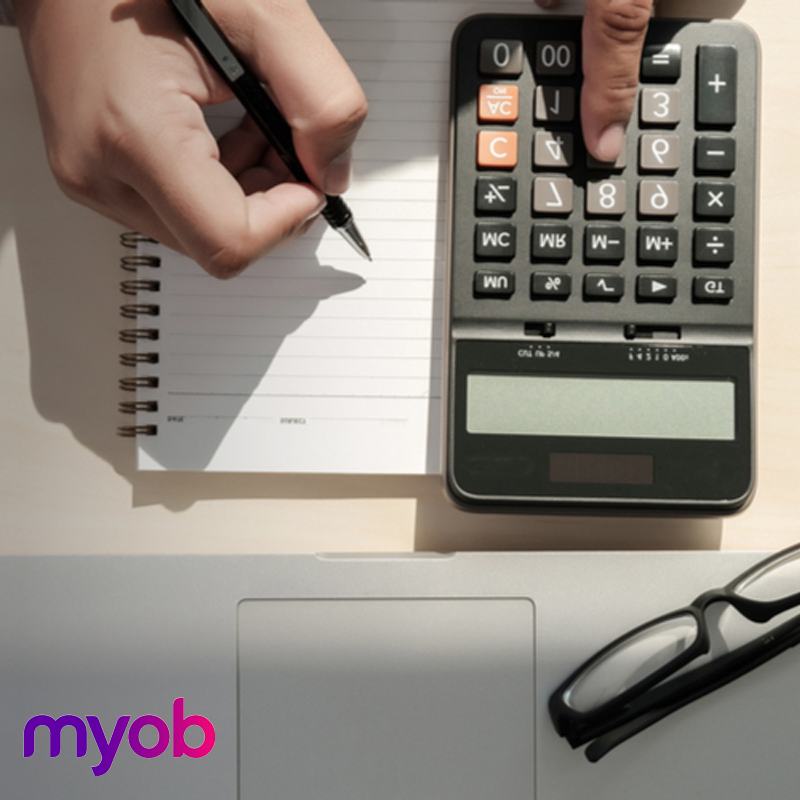There’s nothing like a bit of deadline pressure to really get you into gear, and there’s no deadline quite like tax time for business owners (that’s 31 March for most businesses, by the way).
Whether it’s your first year in business or you’re an old hand, scrambling to find invoices and receipts while getting your accounts in order can make life unnecessarily stressful—for you and your staff.
If this sounds all too familiar, this is the year to turn things around. Improving how you manage bookkeeping and accounting tasks can make tax time far less stressful.
Our friends at MYOB have provided 5 key things to get on top of for EOFY this year:
1. Payroll: Stay on Top of Payday Filing
Employers should generate and send an Employment Information (EI) return file with every pay run, as well as a New and Departing Employees file whenever staff changes occur.
To simplify your final pay run for the year, check that your payroll reports align with Inland Revenue’s records by accessing your myIR portal.
✔ Confirm your payment date falls within the Current PAYE Period. If it doesn’t, update the PAYE Period before reviewing again.
✔ Identify and resolve discrepancies early. Discuss any issues with a payroll expert well before 31 March.
2. Stocktake: Get a Clear Picture of Your Inventory
For goods-based businesses, keeping track of stock is crucial—not just at EOFY but all year round. However, at tax time, you’ll need to report your opening and closing stock value, which means running an EOFY stocktake close to the end of March.
✔ Set time aside for a stocktake. Manually checking inventory can be slow and tedious, so schedule it in advance.
✔ Audit your stock. Identify products to retire, write off dead stock, and improve stock-keeping processes for the year ahead.
3. Collate Records: Go Digital and Avoid the Mess
At tax time, Inland Revenue may require records as evidence for deductions and claims. In the past, this meant searching through filing cabinets, car glove boxes, or even shoeboxes full of receipts.
✔ Keep digital records. Mileage logs, motor vehicle expenses, home office usage estimates, and accounts receivable/payable lists should all be easily accessible.
✔ Use an all-in-one solution. A business management platform like MYOB puts all of these details at your accountant’s fingertips.
4. Accounts: Follow Up with Debtors and Creditors
Cash flow is critical to business health, so staying on top of incoming and outgoing payments is essential at tax time.
✔ Run debtors and creditors reports. Identify errors, chase outstanding payments, and settle bills to ensure smooth cash flow.
✔ Avoid last-minute panic. Address outstanding accounts ahead of time instead of rushing at the deadline.
5. Reconcile: Bank Accounts, GST, and More
Year-end reconciliations are a major EOFY task and can feel overwhelming, especially for first-time business owners.
✔ Reconcile all bank accounts. Ensure every business account balances correctly.
✔ Check your balance sheet and GST. Refresh yourself on the reconciliation process, and seek expert advice if needed.
Get ahead for a Smoother EOFY
Looking for an easier way to manage your EOFY tasks? MYOB helps businesses stay on top of their finances, payroll, and tax compliance—all in one place. As an n3 Member, you can save 50% on plan fees for the first year. Find out more here.
This article is based on insights from MYOB. For the full original article, visit https://www.myob.com/nz/blog/key-things-to-get-on-top-of-for-eofy/



